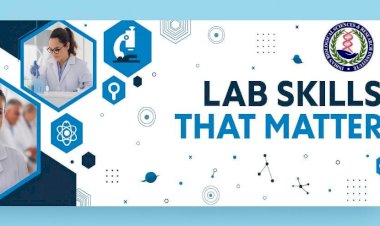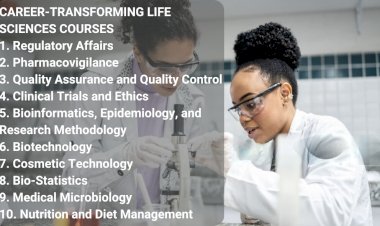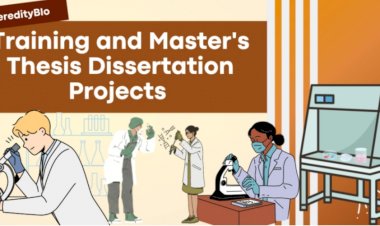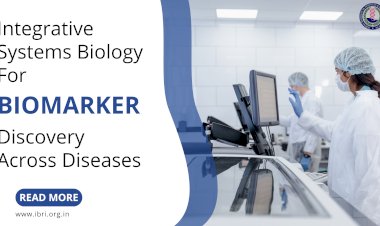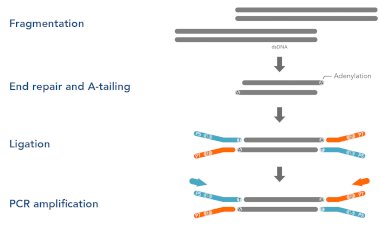Universities Education Vs Professional Education

University Education Vs Professional Certification
WHAT IS THE DIFFERENCE BETWEEN UNIVERSITIES AND INSTITUTIONS
The terms "universities" and "institutions" can be used interchangeably in some contexts, but they can also have different meanings depending on the context.
In general, a university is an institution of higher education that typically offers undergraduate and graduate degree programs in a wide range of academic fields. Universities are usually larger and more diverse than other types of higher education institutions, with a focus on research and academic excellence.
On the other hand, an institution can refer to any organization or establishment, including those that are not necessarily focused on education. In the context of higher education, an institution can refer to any type of college, university, or vocational school that offers educational programs to students.
Additionally, "institution" can also be used to refer to established customs, practices, or systems within a society or organization. For example, the legal system, political institutions, or social institutions such as marriage and family.
In summary, universities are a specific type of higher education institution with a focus on academic excellence and research, while institutions can refer to a broader range of organizations and establishments, including those focused on education as well as other types of establishments such as hospitals, banks, and government agencies.
DEGREE EDUCATION VS PROFESSIONAL CERTIFICATION
Degree education and professional certification are both ways of obtaining specialized knowledge and skills in a particular field, but they differ in several ways.
Degree education typically involves completing a program of study at a college or university that leads to the award of a degree, such as a bachelor's or master's degree. Degree programs provide a broad and in-depth education in a particular field, covering theoretical and practical knowledge, research methods, and critical thinking skills. They also require the completion of general education courses in areas such as writing, mathematics, and social sciences. A degree is often considered a prerequisite for certain careers and can provide a foundation for advanced studies.
Professional certification, on the other hand, is a voluntary process of demonstrating proficiency in a particular skill or set of skills required for a specific profession. Certification programs are typically offered by professional associations or organizations and involve passing an exam or meeting other requirements, such as education and work experience. Certification is usually focused on a specific area of practice within a field and can be obtained at various stages of a person's career.
Some key differences between degree education and professional certification include:
Duration and cost: Degree programs typically take several years to complete and can be expensive, while certification programs can often be completed more quickly and at a lower cost.
Focus: Degree programs provide a broader education in a particular field, while certification programs are focused on a specific set of skills required for a particular job or profession.
Prerequisites: Degree programs often require completion of certain courses or a certain level of education, while certification programs may require specific work experience or other qualifications.
Recognition: Degrees are generally recognized across a wide range of institutions and employers, while the recognition of certification can vary depending on the profession and the organization offering the certification.
In summary, degree education provides a broader and more comprehensive education in a particular field, while professional certification focuses on specific skills required for a particular job or profession. Both can be valuable depending on the career path and goals of the individual.
IMPORTANCE OF PROFESSIONAL CERTIFICATIONS IN JOBS
Professional certification is becoming increasingly important in many jobs and industries for a number of reasons. Here are some of the key reasons why professional certification is important:
Demonstrates expertise: Professional certification demonstrates that an individual has achieved a certain level of expertise in a particular field or area of practice. This can be valuable for both employers and clients, as it provides assurance that the individual has the knowledge and skills necessary to perform their job competently.
Enhances career prospects: Having a professional certification can enhance an individual's career prospects by opening up new job opportunities, increasing earning potential, and providing a competitive advantage in the job market.
Demonstrates commitment to the profession: Obtaining a professional certification demonstrates a commitment to the profession and a willingness to invest time and effort in ongoing learning and development.
Promotes professional standards: Professional certification programs typically have rigorous standards for education, training, and experience, and often require continuing education to maintain the certification. This helps to promote and maintain high professional standards within the industry.
Provides networking opportunities: Professional certification programs often provide opportunities for networking with other professionals in the field, which can be valuable for building relationships, sharing knowledge and expertise, and staying up-to-date on industry trends.
In summary, Professional certification is an important in many jobs and industries because it demonstrates expertise, enhances career prospects, demonstrates commitment to the profession, promotes professional standards, and provides networking opportunities.
Educational gap between University Syllabus and Professional Certification Syllabus
There can sometimes be a gap between the syllabus of university programs and professional certification programs, as they are designed for different purposes and audiences.
University programs typically provide a broad and comprehensive education in a particular field, covering theoretical and practical knowledge, research methods, and critical thinking skills. The focus is on developing a deep understanding of the subject matter and preparing students for a range of careers within the field.
Professional certification programs, on the other hand, are designed to provide a more focused education in a particular set of skills or knowledge required for a specific profession. The focus is on practical application and developing the skills needed to perform a specific job or role.
As a result, the content and scope of university programs and professional certification programs may differ in several ways. Here are some of the key differences:
Breadth vs. depth: University programs provide a broad education in a particular field, covering a wide range of topics and theories. Professional certification programs, on the other hand, focus on a narrower set of skills and knowledge required for a specific job or role.
Theoretical vs. practical: University programs typically emphasize theoretical knowledge and research skills, while professional certification programs focus on practical skills and application.
Academic vs. industry focus: University programs are designed to prepare students for a range of careers within a field, including academia and research. Professional certification programs, on the other hand, are focused on preparing students for a specific job or role within the industry.
Rigor and depth of content: University programs are often more rigorous and in-depth than professional certification programs, as they require students to complete a range of courses and assignments over several years.
In summary, there can be a gap between the syllabus of university programs and professional certification programs, as they are designed for different purposes and audiences. While university programs provide a broad and comprehensive education in a particular field, professional certification programs are more focused on developing the skills and knowledge required for a specific job or role within the industry.
for more you can visit :https://ibri.org.in/blog/important-question-related-with-pharmacovigilance, https://ibri.org.in/blog/role-of-regulatory-affairs-in-marketing-pharmaceutical-products, https://ibri.org.in/blog/clinical-research-28, https://ibri.org.in/blog/biotechnology-and-its-applications, https://ibri.org.in/blog/medical-scientific-documentation-writing









